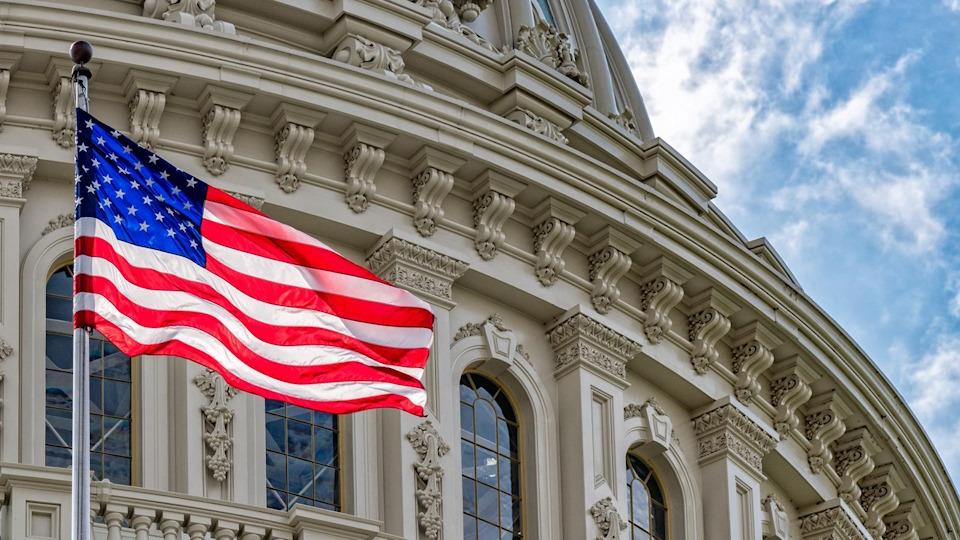Bill that would cut down ‘patent thickets’ clears Senate

The US Senate has come together to pass a bill that aims to prevent pharma companies from filing multiple patents around biologic drugs as a way to delay biosimilar competitors.
Lawmakers unanimously passed the Affordable Prescriptions for Patients Act of 2023 (S-150), which is part of a lengthening list of measures being taken by Congress to curb the prices of medicines in the US.
S-150 would limit the number of patents a pharma company can assert on a drug and is notable because it has bipartisan support from both Democrats and Republicans in the Senate, unlike other measures introduced by the Biden administration, such as the Inflation Reduction Act.
It passed after a major campaign organised by patient advocacy groups, including Patients For Affordable Drugs Now (P4ADNow), which resulted in around 27,000 letters and more than 30,000 phone calls to Congressional offices demanding action on the issue.
Among other elements of the bill are that it authorises the Federal Trade Commission (FTC) to enforce the prohibition and imposes limits on patent litigation involving biological products.
In addition, it includes measures intended to curb “product hopping”, when a manufacturer winds down production of an old drug and forces patients to switch to a newer, in-patent version.
The bill has been passed as the FTC has launched a crackdown on what it calls ‘junk patents’, sending warning letters to 10 manufacturers disputing more than 300 patent listings covering 20 brands used for diabetes, weight loss, asthma, and chronic obstructive pulmonary disease (COPD).
S-150 was introduced by Senators John Cornyn (R-Tex) and Richard Blumenthal (D-Conn), and companion legislation is currently making its way through the House of Representatives.
Sen Blumenthal said the passage of the bill was “a momentous step forward in our efforts to lower Americans’ prescription drug costs,” adding that it is a “commonsense measure to crack down on big pharma’s shameless abuse of the patent system [and] will protect competition and reduce prices at the pharmacy.”
P4ADNow – which said the Congressional Budget Office has projected that this bill alone could save taxpayers $1.8 billion – called it a major step forward for patients and consumers.
“The overwhelming bipartisan support for this reform through unanimous consent proves that, when patients demand change, our legislators listen,” commented the organisation’s executive director, Merith Basey.
Pharma industry trade organisation the PhRMA said it was concerned that the legislation would allow lawmakers to prohibit innovative companies from enforcing lawfully awarded patents. It has also pointed out that singling out one industry for patent rules could fall foul of the World Trade Organisation Agreement on Trade-Related Aspects of Intellectual Property Rights (TRIPS).













